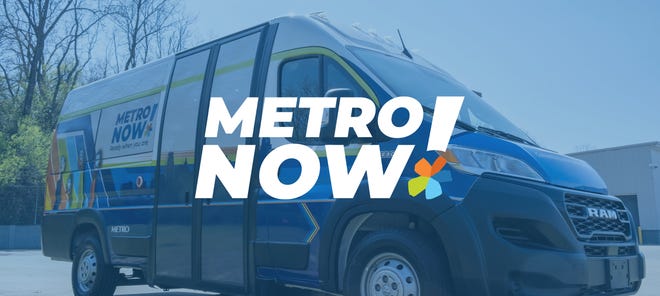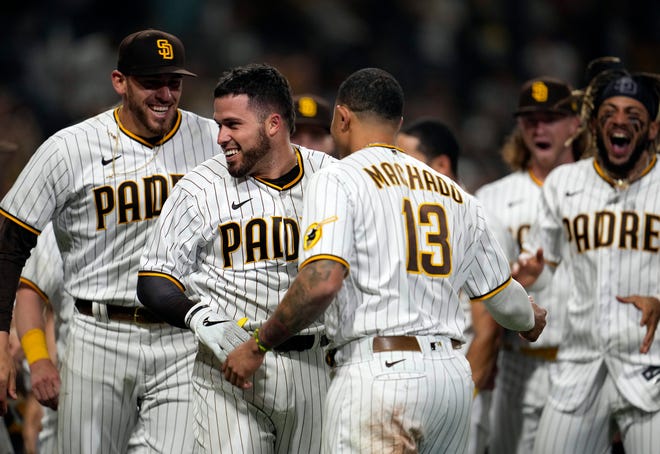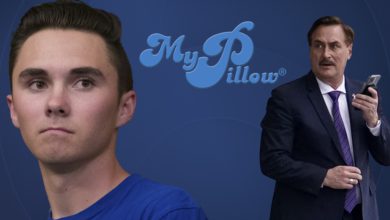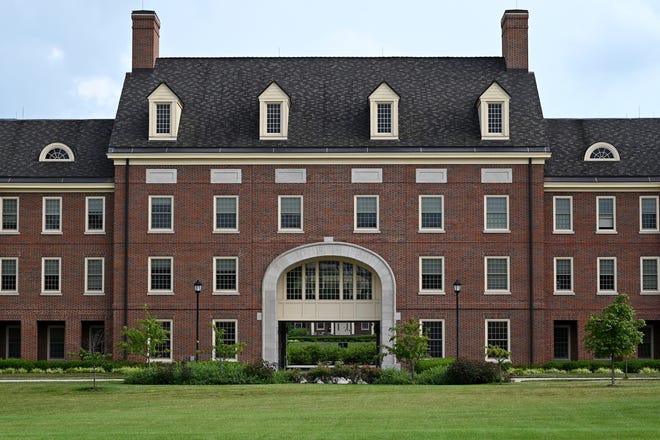
A federal advisory committee supports booster shots of all three COVID-19 vaccines being used in the U.S. for Americans who need them.
So far, the Food and Drug Administration only has authorized booster doses of the Pfizer-BioNTech vaccine for certain people who may be at high risk for COVID-19 infection or severe disease.
But the other two vaccines are working their way through the regulatory process and booster shots are likely to be available for certain people soon.
On Thursday, the FDA's advisory panel – called the Vaccines and Related Biological Products Advisory Committee – voted unanimously to support boosters of the Moderna vaccines for a limited population. That same committee voted unanimously to support a second dose of the Johnson & Johnson vaccine on Friday.
The FDA's acting commissioner is likely to sign off on the committee's decision over the next few days. On Oct. 20 and 21, a different independent committee of experts will review the same data and make a recommendation to the head of the Centers of Disease Control and Prevention. Only if she decides to support boosters will they become available to the public.
About 15 million adults in the U.S. have been fully vaccinated with the one-dose J&J vaccine, compared with 103 million who’ve gotten Pfizer and 69 million who’ve gotten Moderna, both of which have a two-dose regimen. So far, 8.8 million Americans have received a booster dose of the Pfizer vaccine.
The Biden administration said it has pre-purchased enough doses of COVID-19 vaccine to continue to provide them at no cost to Americans.
Here’s who is and is expected to be eligible for booster doses of all three vaccines.
Pfizer-BioNTech booster
The FDA authorized booster doses of the Pfizer-BioNTech vaccine for people 65 and older and thosewhose jobs put them at high risk for exposure to COVID-19.
Individuals 18 and up who are at high risk for severe COVID-19 were also included in the authorization, which only covers those who are at least six months out from their second dose of the vaccine.
High-risk jobs include "health care workers, teachers and day care staff, grocery workers and those in homeless shelters or prisons, among others,” said acting FDA Commissioner Dr. Janet Woodcock.
More than 20 million Americans are eligible for Pfizer booster shots, and 40 million more will have access once they're six months past their second shot.
CVS and Walgreens announced shortly after authorization they were offering booster doses of the Pfizer vaccine to those who are eligible. However, the pharmacy chains said they weren’t taking extra steps to police eligibility to “remove barriers and improve access to potentially life-saving vaccines,” leaving room for dishonesty.
Moderna booster
VRBPAC voted Thursday to support booster shots of the Moderna COVID-19 vaccine for the same group as those who received the Pfizer vaccine: people 65 and up, and younger adults with certain medical problems or jobs that put them at increased risk for infection.
Committee members said these jobs may include health care workers, grocery store clerks and others who are potentially exposed to COVID-19 doing their work.
The booster shot will be a half-dose of the same vaccine already given. Company data suggested that the lower dose was as effective but had potentially fewer side effects.
People who are immunocompromised because of an organ transplant, cancer treatment, medication or similar situation can already get a full third dose of the Moderna vaccine.
Johnson & Johnson booster
The federal advisory panel said the J&J vaccine should be considered a two-dose vaccine rather than the one dose that received initial authorization.
VRBPAC felt the 15 million Americans who got a single dose of the "one and done" J&J vaccine would be substantially better protected with a second one. The committee voted unanimously to support a “booster” of the J&J shot at least two months after the initial dose was given.
Adding a second dose two- to six-months after the initial J&J shot would provide the same effectiveness as the mRNA vaccines without their fading protection, said Dr. Penny Heaton, head of the vaccines global therapeutic area for Janssen Pharmaceuticals, a Johnson & Johnson company that developed the vaccine.
Like Moderna, the committee’s decision on the J&J second dose will need to be verified by a different advisory panel as well as top federal officials before it’s available to the public.
A single dose of the J&J vaccine will still be considered fully vaccinated, the CDC said.
Can you mix and match vaccines?
As of Friday, the CDC continues to recommend that people receive extra doses of the same vaccine they got the first time. The FDA committee on Friday discussed a National Institutes of Health study on mixing and matching vaccine boosters, but said more data was needed before it could suggest to allow people to get a booster shot different from their original vaccine.
Source link








